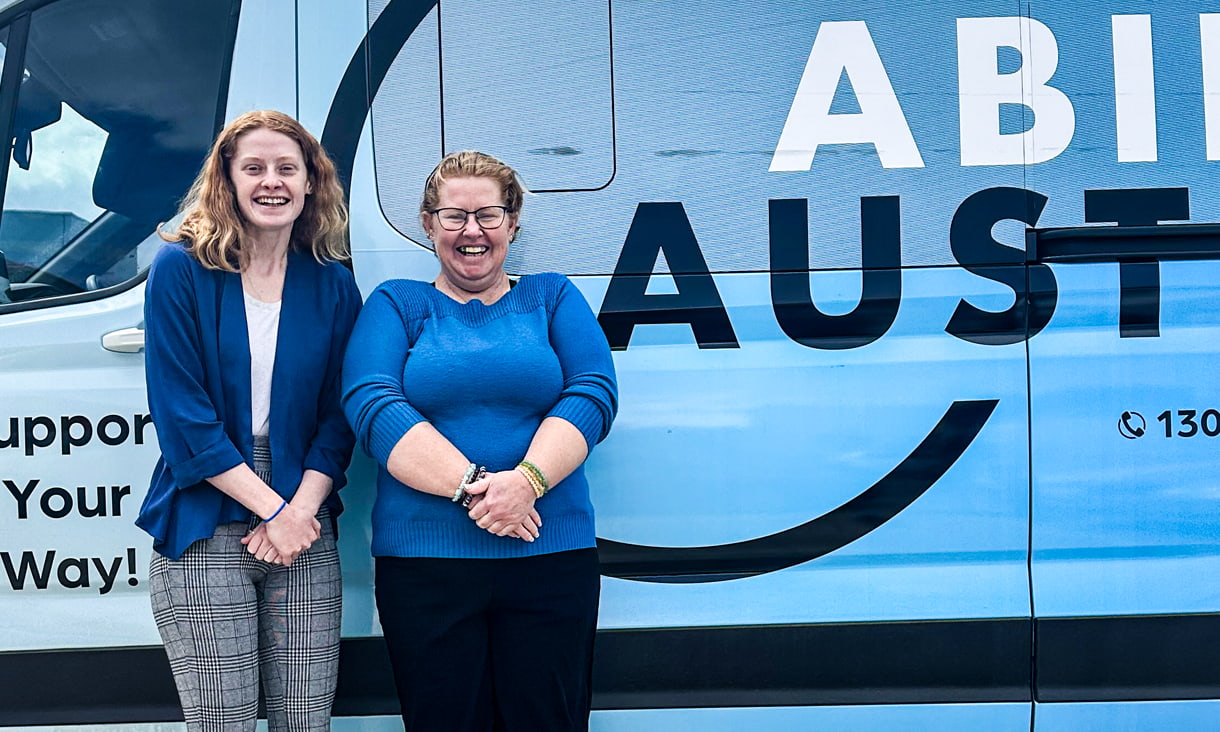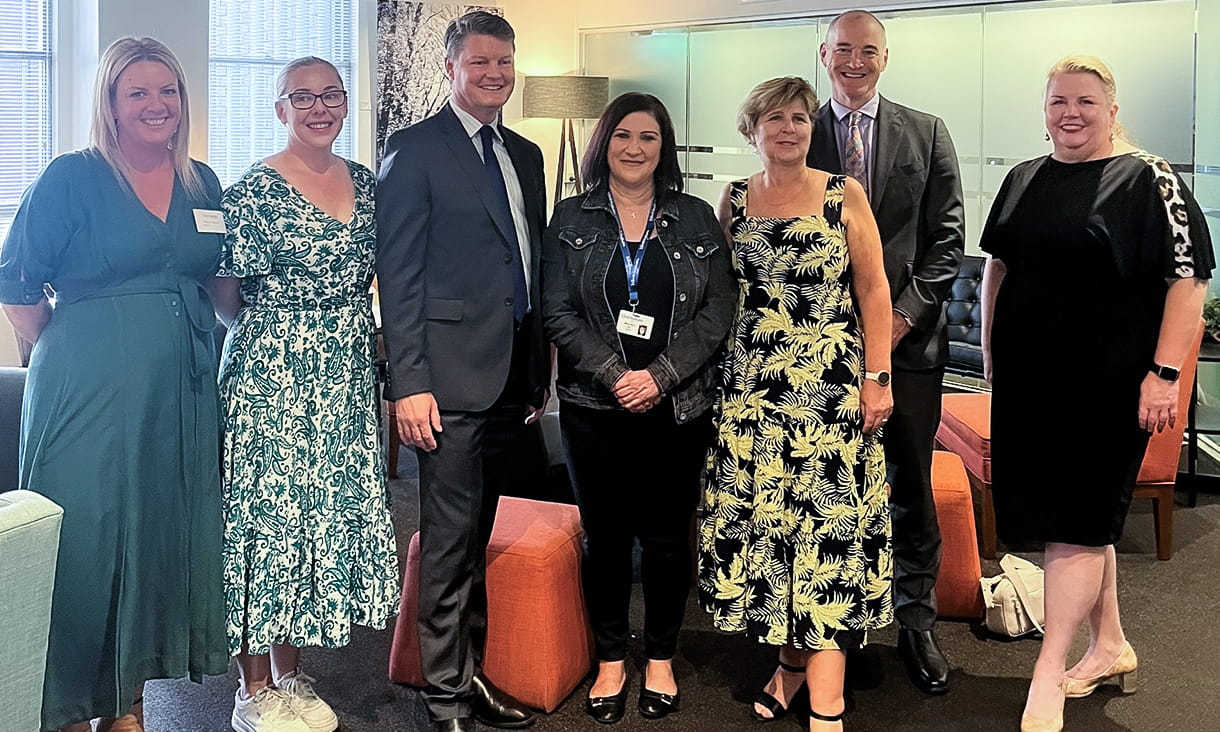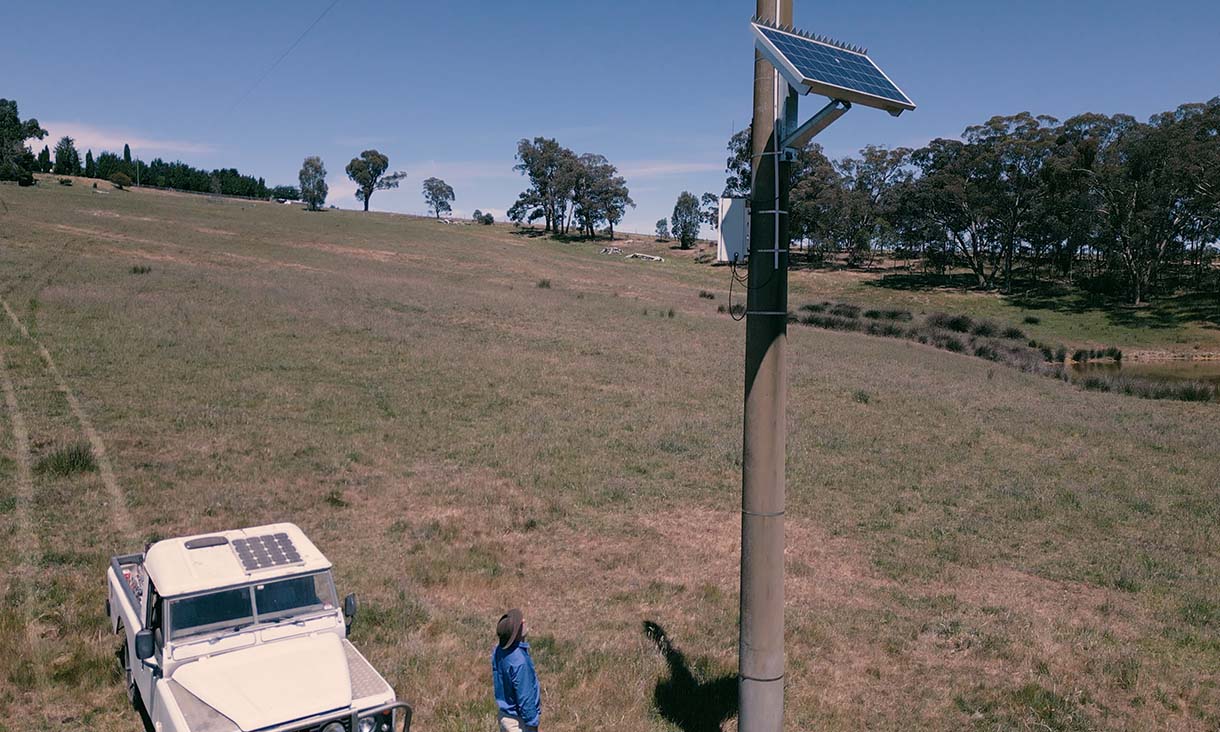A collaboration between RMIT’s College of Vocational Education (CoVE) and Workforce and Innovation Development Program (WIDI), SKiP is a pioneering initiative designed to address workforce shortages in aged care and disability while fostering inclusivity and diversity.
By providing paid training and mentorship, SKiP connects jobseekers from various backgrounds with employers, ultimately building a stronger social services community.
WIDI Director, David Clements, said the program has been successful in transforming the lives of job seekers and employers, leading to improved support for older Victorians and people living with disabilities.
"It’s not just about filling workforce gaps; it's about building a strong social services community supported by a diverse, skilled, responsive, healthy, and innovative workforce,” Clements said.
The program has been instrumental in attracting and training new care workers, including individuals from diverse backgrounds such as Aboriginal Victorians, asylum seekers, and women aged 45 and over.
Diverse workforce for a diverse community
A heart-warming success story within SKiP is the journey of the mother-daughter duo, Geraldine Cole (45) and Audrey (24).
Audrey, who is clinically deaf and possesses a professional working level Auslan certification, is no stranger to the challenges faced by jobseekers with disabilities.
Thanks to SKiP, Audrey and her mother Geraldine have found their true calling with Assist Ability Australia, an innovative disability service provider dedicated to empowering people with disabilities to lead fulfilling lives.
Clements said their success with clients and fellow participants exemplifies the program's positive impact.
“For many candidates, undertaking study is a barrier because they have never studied before, or they lack the time needed for reasons such as caring responsibilities.
“The model removes these barriers by offering a supported pathway to employment and training.”





